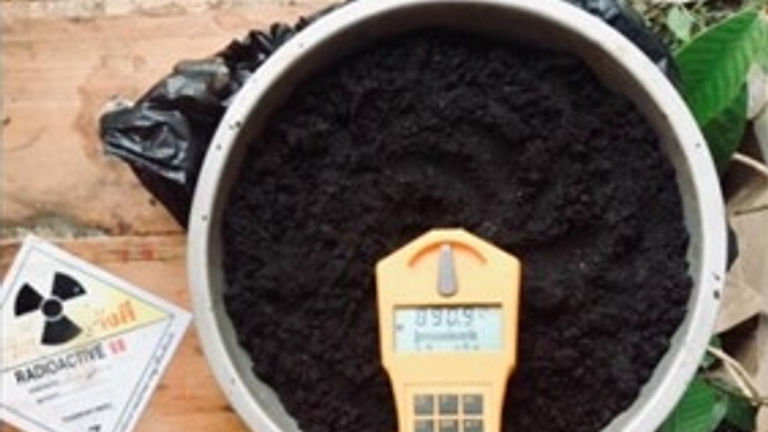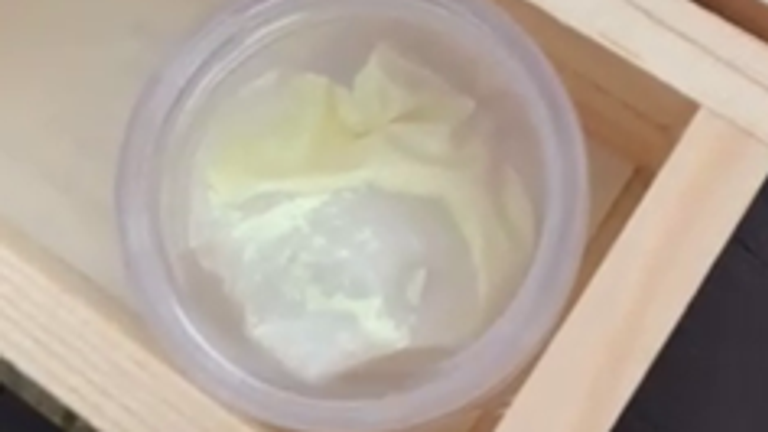A Japanese Yakuza leader has pleaded guilty in the US to conspiring to traffic nuclear materials from Myanmar.
Takeshi Ebisawa “brazenly trafficked nuclear material, including weapons-grade plutonium,” acting US attorney for the Southern District of New York Edward Y Kim said.
“At the same time, he worked to send massive quantities of heroin and methamphetamine to the United States in exchange for heavy-duty weaponry such as surface-to-air missiles to be used on battlefields in Burma,” he added.
The 60-year-old from Japan was charged in February 2024 over allegations he conspired to traffic nuclear materials for expected use in Iranian nuclear weapons.
He was previously charged in 2022 with international drug trafficking and firearms offences, as well.
He now faces decades in prison.
During an investigation, Ebisawa unwittingly introduced an undercover US Drug Enforcement Administration (DEA) agent, referred to by the US Department of Justice as UC-1, to his “international network of criminal associates” which spanned Japan, Thailand, Myanmar (also known as Burma), Sri Lanka and the US, among other places, court documents say.
From UC-1, Ebisawa conspired to buy US-made surface-to-air missiles and other heavy-duty weaponry in exchange, in part, for drugs.
Prosecutors said he separately also tried to sell them 500kg of methamphetamine and 500kg of heroin for distribution in New York.
The ‘Iranian general’
Beginning in early 2020, Ebisawa told UC-1 that he had access to a “large quantity of nuclear materials” that he wanted to sell, court papers said.
The nuclear material came from an unidentified leader of an “ethnic insurgent group” in Myanmar who had been mining uranium in the country, prosecutors said.
Ebisawa sent photographs of a substance with Geiger counters measuring radiation and pages of what he claimed was lab analysis proving the radioactivity of the material.
UC-1 agreed to help Ebisawa broker the sale of the nuclear materials to an associate who was posing as an Iranian general – referred to as the General.
Prosecutors said Ebisawa offered to supply the General with what he said was plutonium, which was “better” and more “powerful” than uranium.
In a video conference on 4 February 2022, one of Ebisawa’s co-conspirators claimed to have more than 2,000kg of Thorium-232 and more than 100kg of uranium.
Subsequent meetings took place as Ebisawa looked to push through the deal.
Read more from Sky News:
Liam Payne’s cause of death confirmed
Five dead in Los Angeles wildfires
Manchester Airport faces delays after runway closure
However, he was later arrested in an operation involving US, Indonesian, Japanese and Thai authorities.
He pleaded guilty in Manhattan, New York, and sentencing has been set for 9 April.


